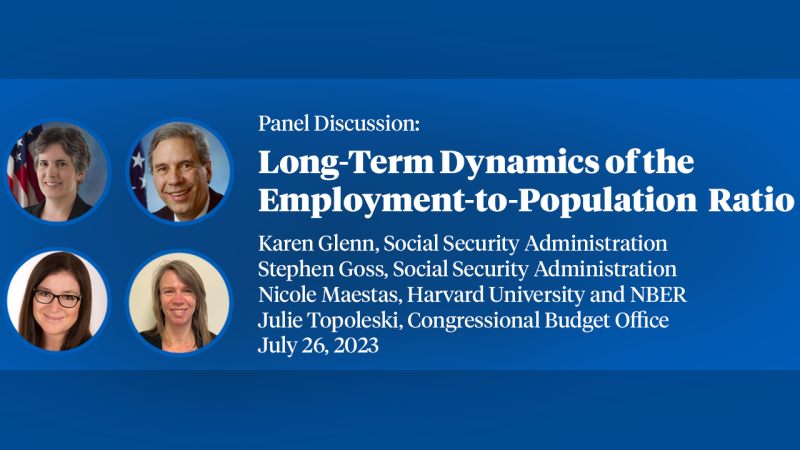Immigration Policy and Entrepreneurs’ Choice of Startup Location

Immigrants play a significant role in the entrepreneurial landscape. In the United States, immigrants are 80 percent more likely to start businesses than native-born Americans. More than half of America's billion-dollar startup companies trace their roots to immigrant founders. There is limited research, however, on the factors that influence immigrants' decisions about where to locate their startup businesses.
In The Effect of Immigration Policy on Founding Location Choice: Evidence from Canada's Start-up Visa Program (NBER Working Paper 31634), Saerom Lee and Britta Glennon investigate the impact of Canada's Start-up Visa Program on US-based immigrant entrepreneurs' migration decisions. Introduced in 2013, the program offers permanent residency to eligible immigrants and their families, with the stated goal of attracting individuals who will found innovative companies that will create jobs and compete globally.
Since the introduction of Canada’s Start-up Visa Program in 2018, immigrants based in the United States have been more likely to relocate to Canada to start businesses.
The study examines a sample of 1,190,798 college-educated non-Canadian entrepreneurs who lived in the US before founding a startup in either the US or Canada between 2006 and 2021. Immigrants make up 26.1 percent of this sample, much higher than their 14 percent share of the US population. The researchers find that Canada's Start-up Visa Program increased the likelihood of US-based immigrants starting a company in Canada by 0.048 percentage points, from a baseline of 0.069 percent. This effect has persisted and grown in the decade since the program's introduction.
The response to this program differs across immigrant groups. Asian immigrants are more likely to move to Canada and start a business there because they face longer waits for US employment-based permanent residency and have greater representation in Canada's designated organizations and population share. In 2021, Asians comprised 20.2 percent of the Canadian population compared to 7.2 percent of the US population. Conversely, Hispanic entrepreneurs are less likely to start firms in Canada. Hispanics make up 1.6 percent of the Canadian population compared to 18.7 percent of the US population. These results confirm previous research showing that immigrants tend to locate in ethnic enclaves, which can provide social capital, information about entrepreneurial opportunities, and access to potential employees, suppliers, investors, and customers.
Startups founded in Canada by formerly US-based immigrants have slightly lower survival rates than those founded by US or Canadian natives. After three years, the survival rate for firms launched by formerly US-based immigrants is about 73 percent, compared to native founders’ 85 percent. The lower survival rates could be attributed to factors such as relocation costs, the liability of foreignness, or differences in the entrepreneurial ecosystems between Canada and the US.
— Leonardo Vasquez
The researchers acknowledge funding from Analytics at Wharton.


